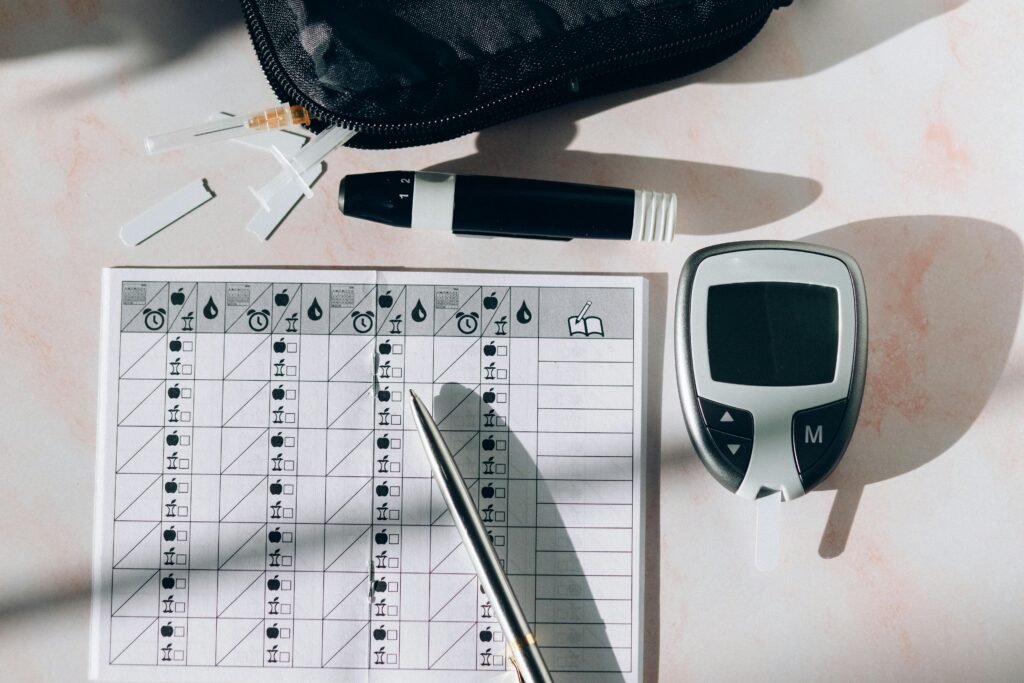
Facing the Challenge
Receiving a gestational diabetes diagnosis during my third and fourth pregnancies was overwhelming. The initial worry about how it might affect my health and my baby’s well-being was intense. I found myself questioning whether factors like not fasting properly, a more sedentary lifestyle, or being of advanced maternal age contributed to the diagnosis.
Different Testing Experiences
During my first two pregnancies, I passed both glucose tests without any issues. I followed my OB’s advice to fast before the test, drank the Glucola solution at home, and then went to the office for the blood work.
In my third pregnancy, I went to Quest Lab for the glucose test, following their instructions not to fast. After drinking the solution at the lab and waiting, I was surprised to see that my results were slightly elevated, just above the cutoff. This led to a 3-hour glucose tolerance test, where I had to drink 100 grams of Glucola. I passed the first two hours, but unfortunately, I narrowly missed the mark during the final hour.
By the time I was pregnant with my fourth child, I was aware that my age and history increased my risk of gestational diabetes. This time, my midwives used a different test called The Fresh Test. I drank the glucose solution an hour before my appointment while on a long car ride, without fasting. Despite following a careful diet and exercising regularly, I was diagnosed with gestational diabetes again. This time, I chose not to consume the 100 grams of sugar and skipped the 3-hour test. Instead, I took control by monitoring my blood sugar levels right away.
Factors Influencing My Results
Looking back at my glucose test results, I realized several factors that might have played a role:
- Fasting vs. Not Fasting:
In my first two pregnancies, fasting before the glucose tests likely helped me pass. In contrast, not fasting during my third and fourth pregnancies may have contributed to higher glucose levels. - Activity Levels:
I had more opportunity to walk around before the tests in my first two pregnancies, which might have helped regulate my glucose levels. During my third and fourth pregnancies, I was more sedentary, which could have affected my results. - Age:
Being older during my fourth pregnancy increased my risk of gestational diabetes, potentially impacting the test outcomes. - Different Testing Methods:
The Fresh Test I took during my fourth pregnancy was different from the standard tests I had in earlier pregnancies, which might have influenced the diagnosis of gestational diabetes.


Managing Gestational Diabetes
After my diagnosis, I concentrated on managing my gestational diabetes through a combination of diet and exercise. I increased my physical activity with pregnancy-safe workouts and made dietary adjustments based on my dietician’s advice. My routine became all about balance: three main meals each day and added three snacks—two between meals and one before bed—to help keep my blood sugar levels stable.
I enjoyed a range of foods in moderation and used a digital scale to help with portion sizes and carbohydrate intake. Protein-rich breakfast waffles and high-protein snacks became my favorites. I kept a detailed log of what I ate and monitored my blood sugar levels closely. I had some occasional spikes, but they were brief and manageable. Taking short walks after meals turned out to be a great way to keep my blood sugar stable!
Emotional Challenges and Growth
Managing gestational diabetes was about more than just physical changes, it was also an emotional journey. At first, the diagnosis felt really overwhelming. But as I saw how my efforts were helping my health, I began to feel more in control and hopeful. Tracking what I ate and my blood sugar levels and seeing steady results gave me a great sense of achievement. I learned to focus on being consistent and putting in effort rather than trying to be perfect.

Long-Term Benefits
Managing my condition well allowed me to deliver two healthy babies safely. This experience taught me how important it is to maintain a healthy lifestyle during pregnancy and beyond. It also helped me lower my risk of developing type 2 diabetes in the future. Remember, you’re not alone in managing gestational diabetes. With the right support and some patience, you can get through this and have a healthy pregnancy. Just take it one day at a time, and keep your spirits up! You’ve got this!